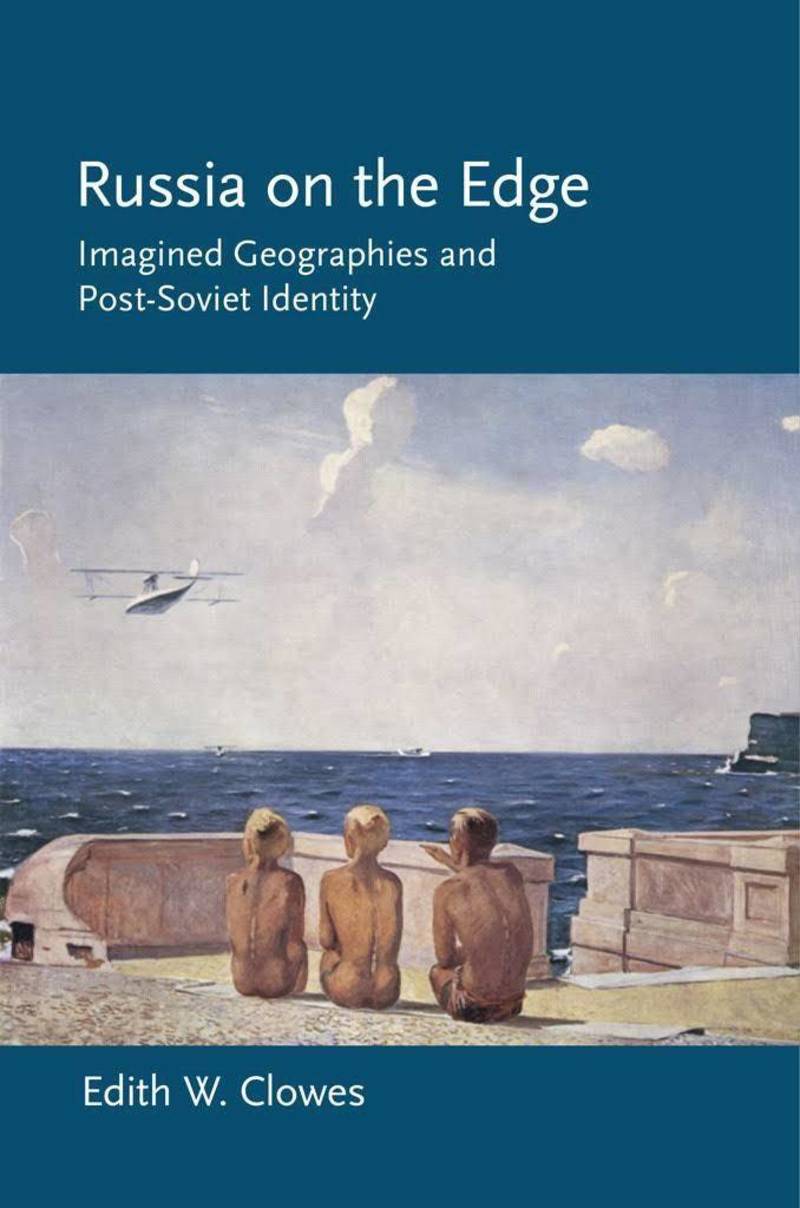Since the dissolution of the Soviet Union in 1991, Russians have confronted a major crisis of identity. Soviet ideology rested on a belief in historical progress, but the post‑Soviet imagination has obsessed over territory. Indeed, geographical metaphors‑whether axes of north vs. south or geopolitical images of center, periphery, and border‑have become the signs of a different sense of self and the signposts of a new debate about Russian identity. In Russia on the Edge, Edith W. Clowes argues that refurbished geographical metaphors and imagined geographies provide a useful perspective for examining post‑Soviet debates about what it means to be Russian today. In Russia on the Edge, literary and cultural critics will find the keys to a vital post‑Soviet writing culture. For intellectual historians, cultural geographers, and political scientists the book is a guide to the variety of post‑Soviet efforts to envision new forms of social life, even as a reconstructed authoritarianism has taken hold. The book introduces nonspecialist readers to some of the most creative and provocative of present‑day Russia's writers and public intellectuals.
- / Автор
- / Персоналия
- / Персоналия
- / Персоналия
